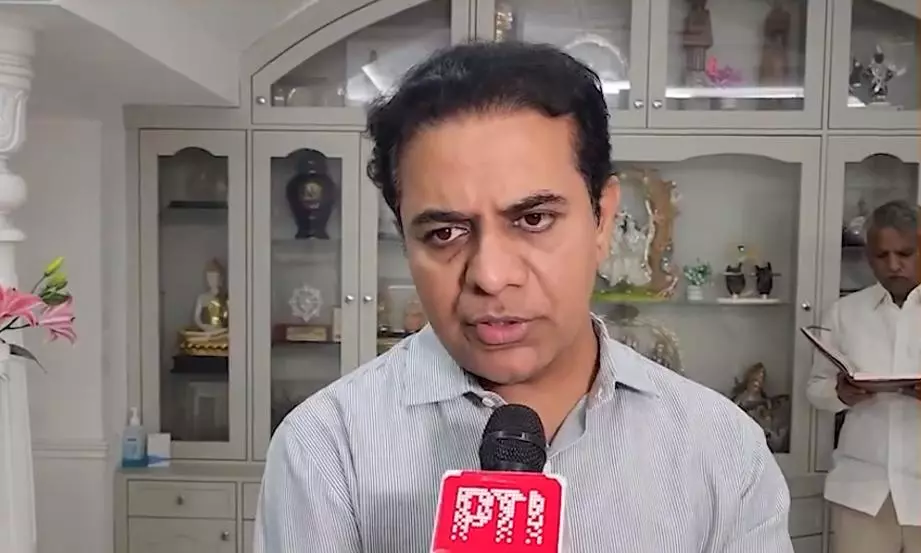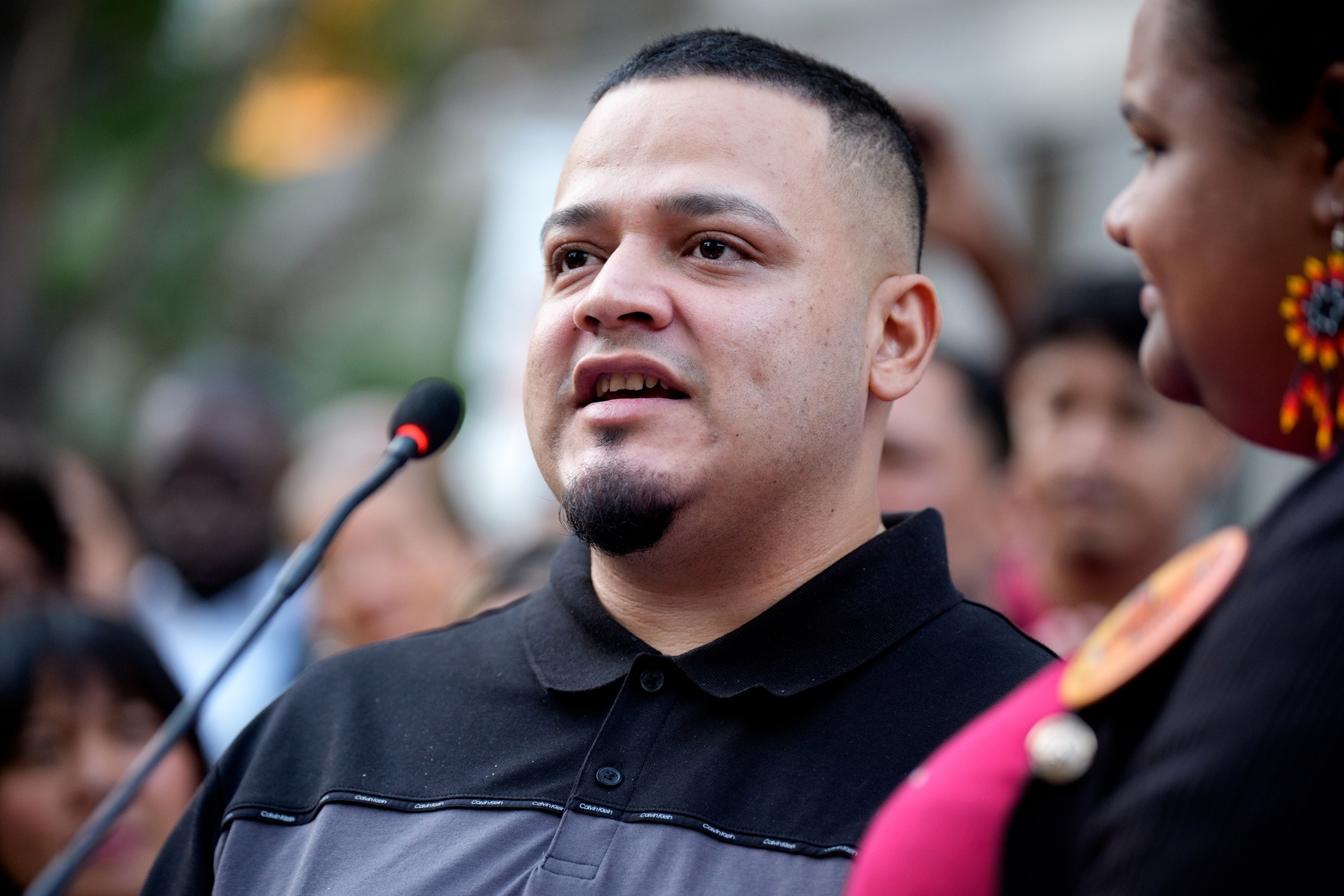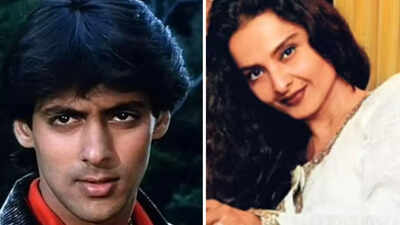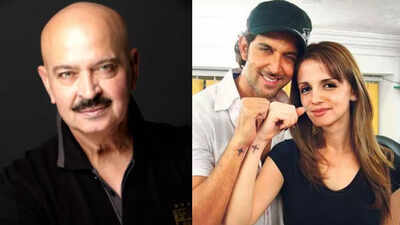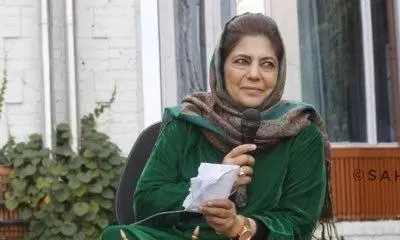
Srinagar: Former Jammu and Kashmir chief minister and People’s Democratic Party (PDP) president, Mehbooba Mufti, on Tuesday condemned the incident in which a 71-year-old lawyer, Rakesh Kishor, allegedly attempted to hurl a shoe at Chief Justice of India B.R. Gavai during Supreme Court proceedings the previous day, describing it as a stark and disturbing reflection of the Bharatiya Janata Party’s (BJP) vision of a “Viksit Bharat”.
The alarming incident occurred against the backdrop of intense controversy surrounding CJI’s remarks on September 16, during a Supreme Court hearing concerning the restoration of a Lord Vishnu idol at the Khajuraho Temple complex in Madhya Pradesh. While dismissing the petition as “publicity interest litigation,” CJI Gavai reportedly remarked, “Go and ask the deity itself to do something now.” This statement triggered significant backlash on social media, with many users accusing the CJI of disrespecting Hindu religious sentiments. Kishor referenced these comments—along with Gavai’s recent speech in Mauritius criticising the concept of “bulldozer justice”—as the motivation behind his actions. As he was being escorted out of the courtroom after attempting to hurl a shoe at the CJI, Kishor was heard shouting, “Sanatan ka apman nahi sahenge” (“We will not tolerate the insult to Sanatan Dharma”).
Mufti asserted that the attacker’s audacious act was underpinned by a brazen confidence that he would face no meaningful consequences for his reprehensible behavior.
In a post on ‘X’, Mufti elaborated, “The act of hurling a shoe at Chief Justice B R Gavai paints a chilling portrait of what the BJP’s ‘Viksit Bharat’ may look like by 2047. The perpetrator acted with utter disregard for the sanctity of the institution, fully aware that he would likely escape any significant repercussions for this disgraceful act.”
The former chief minister lamented that such incidents have become the “new normal” in India, drawing a parallel to what she described as “Godse’s Bharat.” She stated, “This is the new reality in a nation where mob lynchers are celebrated with garlands, rapists are granted pardons, and purveyors of hate are rewarded. The attacker is not someone like Umar Khalid or Sharjeel Imam, who have been imprisoned for years without bail merely for voicing dissent.”
She emphasised that the incident raises profound questions that go beyond mere legal considerations, touching on the very existence of India’s democratic institutions. She posed a critical challenge to the judiciary, saying “The question before the court is no longer just a matter of law but one of survival. Will the judiciary rise to defend the Constitution, or will it remain silent as the Constitution is trampled—quite literally—under a shoe?”




